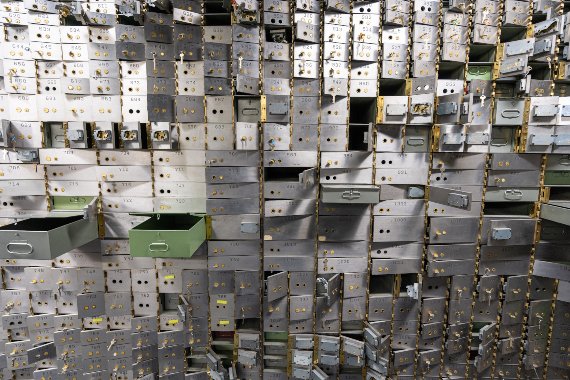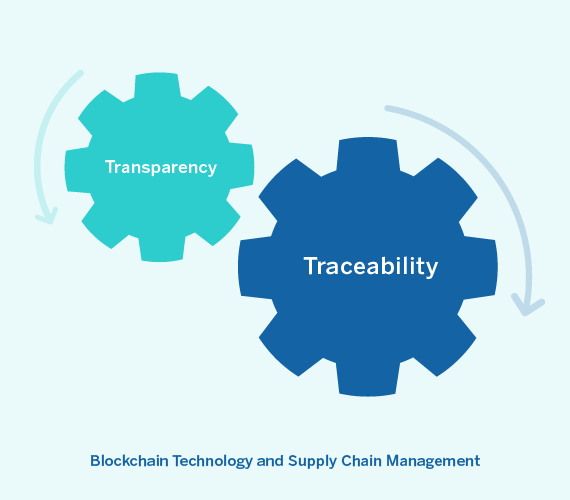Managing today’s supply chains is extremely complex. For many products, the supply chain can span over hundreds of stages, multiple geographical (international) locations, a multitude of invoices and payments, have several individuals and entities involved, and extend over months of time. Due to the complexity and lack of transparency of the current supply chains, there is high interest in how Blockchains might transform the supply chain and logistics industry. [2]

This interest rose from the long list of issues with current Supply Chain Management (SCM) including [1]:
- Difficulty of Tracking
- Lack of Trust
- High Costs: procurement costs, transportation costs, inventory costs and quality costs
- Globalization Barriers
Blockchain and SCM
Blockchain technology and supply chain management systems were built for each other in many ways. In fact, several of the flaws of the current supply chains can be easily relieved by using Blockchain technology. Supply Chain Management (SCM) is one of the foremost industries that Blockchain can disrupts and changes for the better. [1]
With Blockchain technology properties of decentralization, transparency, and immutability, it is the perfect tool to save the supply chain management industry. Subsequently, Blockchain can increases the efficiency and transparency of supply chains and positively impact everything from warehousing to delivery to payment. Most importantly, Blockchain provides consensus—there is no dispute in the chain regarding transactions because all entities on the chain have the same version of the ledger [4].
Blockchain can have a big impact on SCM in two dimensions Traceability, and Transparency:
 Traceability
Traceability
Blockchain improves operational efficiency by mapping and visualizing enterprise supply chains. A growing number of consumers demand sourcing information about the products they buy. Blockchain helps organizations understand their supply chain and engage consumers with real, verifiable, and immutable data [3].
Transparency
Blockchain builds trust by capturing key data points, such as certifications and claims, and then provides open access to this data publicly. Once registered on the Blockchain, its authenticity can be verified by a third-party. The information can be updated and validated in real-time. Plus, the strong security from its innate cryptography will eliminate unnecessary audits, saving copious amounts of time and money [3].
Applying Blockchain technology to SCM can results in tremendous benefits, including [3]:
- Less Time Delays
- Less Human Error
- Less Costs
Applications of Blockchain in SCM
–Walmart, for example is using IBM’s Food Trust Blockchain System to keep track of its meat products and it sources from China and the Blockchain records where each piece of meat came from, processed, stored and its sell-by-date. Unilever, Nestle, Tyson and Dole also use Blockchain for similar purposes [3].
–BHP Billiton, the world’s largest mining firm, uses Blockchain to better track and record data throughout the mining process with its vendors. Not only increases efficiency internally, but it allows the company to have more effective communication with its partners [3].
– De Beers, the Diamond-giant, uses Blockchain technology to track stones from the point they are minded right up to the point when they are sold to consumers. This ensures the company avoids ‘conflict’ or ‘blood diamonds’ and assures the consumers that they are buying the genuine piece [3].
Ahmed Banafa, Author the Books:
Secure and Smart Internet of Things (IoT) Using Blockchain and AI
Blockchain Technology and Applications
References
[1] https://blockgeeks.com/guides/Blockchain-and-supply-chain/
[3] https://consensys.net/Blockchain-use-cases/supply-chain-management/
[4] https://www.technologyreview.com/2017/01/05/5880/a-secure-model-of-iot-with-blockchain/
Comments on this publication